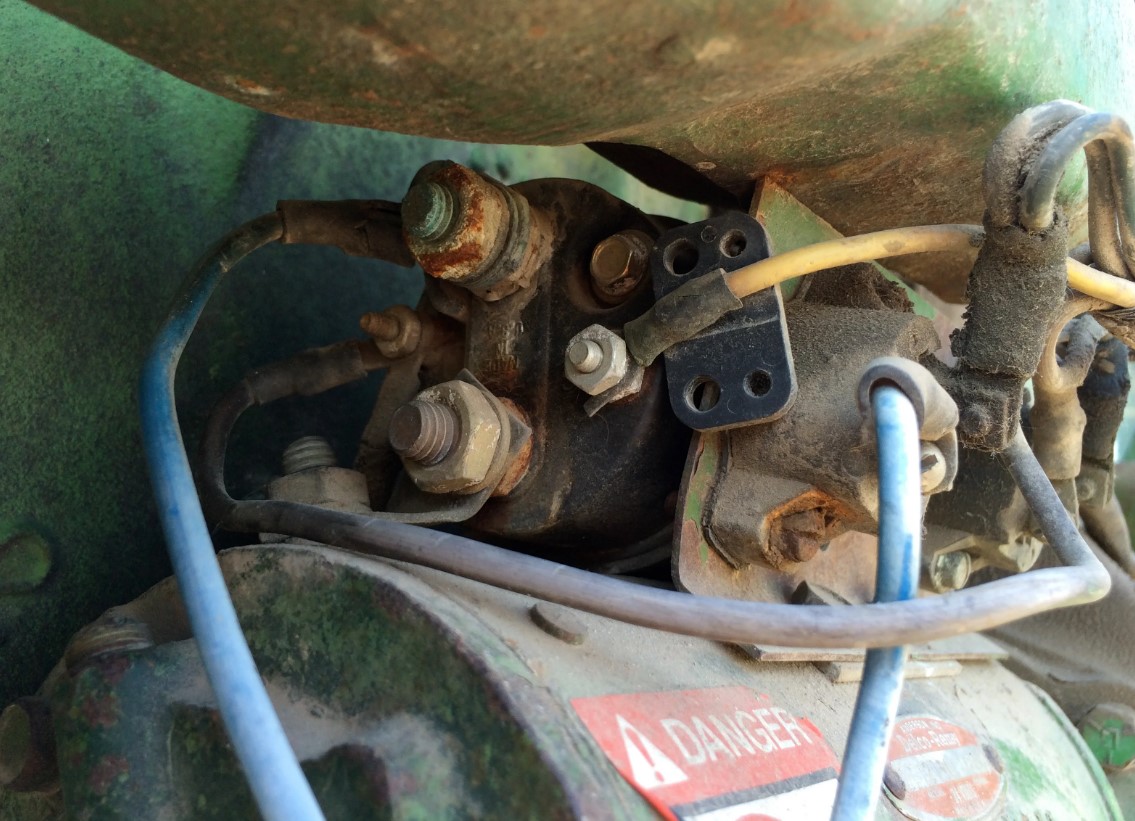I have an early diesel 4020 that has always had trouble cranking over. Over time, I’ve gone through a couple of Delco starters. The tractor has been converted to 12 volts and is using two of the longer 12V batteries. I’ve also upgraded to heavy-duty cables, but it’s still cranking slowly. It starts fine in warm weather, but when the temperature drops below 50°F, it doesn’t crank fast enough to start.
One John Deere technician suggested switching the Delco starter for a Nippondenso, but I’ve also heard some people recommend installing a gear reduction starter. Has anyone else experienced this issue or have any suggestions?
Thanks!
When I converted my ’68 tractor to 12-volt, I switched to a Nippondenso starter and added two 12-volt batteries. While I’m not sure if the Nippondenso cranks faster, it definitely lasts longer. One thing to check is your hydraulics—when cranking, try turning the steering wheel back and forth. In warmer weather, my tractor starts fine without moving the wheel, but in colder conditions, moving the wheel helps get it started quicker.
In another case, I had a similar issue with a different tractor where the starter was dragging and starting slowly. After adding a gear reduction starter, the issue was resolved, and it worked great for both hot and cold starts. If you already have a gear reduction starter available, I’d recommend installing it.
The Nippondenso starter is a solid choice, commonly used in later 404 and 466 engines, and it’s more affordable than some other options. However, if you’re still having trouble, it could be worth checking the electrical system—especially the grounds. Insufficient voltage or amperage can damage the starter. You might want to measure the amperage while cranking to ensure it’s in range. In my experience, a high-quality, single 1100 amp battery can start these tractors even in very cold weather, so you might not need two batteries if your electrical system is in good shape. Also, check for hydraulic leaks or issues, as they can cause extra load while cranking.

